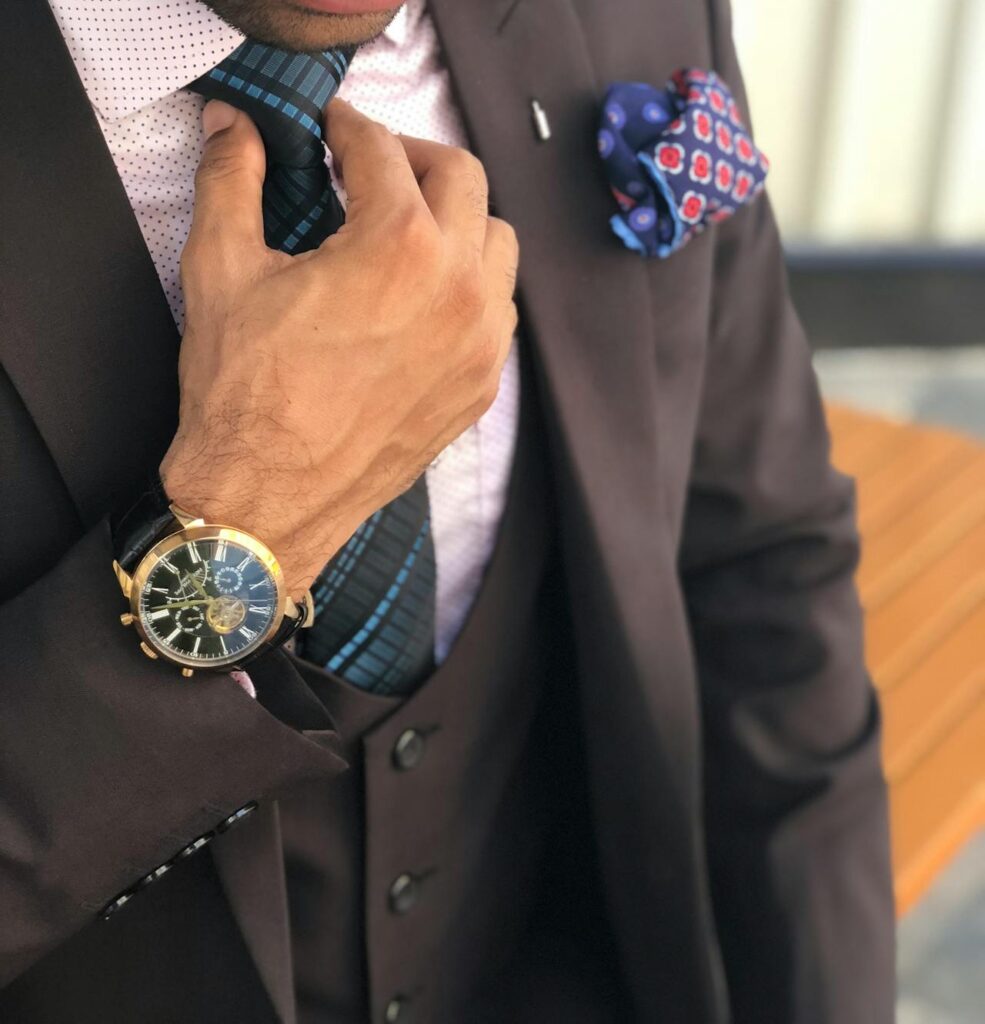The Power of Enclothed Cognition: How What We Wear Shapes Who We Are
Fashion isn’t just about looking good; it’s about feeling good, and as it turns out, it can even influence our thoughts and behaviors. This phenomenon is known as enclothed cognition, a concept that explores the relationship between clothing and cognitive processes. Here let’s delve into the fascinating world of enclothed cognition, examining its origins, underlying mechanisms, and practical implications.
Origins of Enclothed Cognition:
The term “enclothed cognition” was first introduced by researchers Hajo Adam and Adam D. Galinsky in a 2012 study published in the Journal of Experimental Social Psychology. The study explored the idea that the clothes we wear can have a significant impact on our psychological processes, influencing our perceptions, attitudes, and behavior.
Understanding Enclothed Cognition:
At its core, enclothed cognition suggests that clothing doesn’t just serve as a superficial expression of our identity; it becomes a part of our extended self, influencing how we think and act. This concept is grounded in the theory of embodied cognition, which proposes that our cognitive processes are deeply intertwined with bodily experiences and sensations.
Its Mechanisms:
Several mechanisms contribute to the phenomenon of enclothed cognition:
1. Symbolic Meaning: Clothing carries symbolic meanings that are culturally and contextually defined. When we wear certain clothes associated with power, professionalism, or confidence, we internalize these meanings and embody the corresponding traits.
2. Embodied Experience: The physical experience of wearing specific types of clothing can evoke corresponding emotional and psychological states. For example, wearing a formal suit may elicit feelings of authority and competence, while wearing athletic wear might evoke a sense of energy and motivation.
3. Social Influence: Clothing choices are often influenced by social norms, expectations, and identities. By conforming to these norms, we reinforce certain social identities and roles, which in turn shape our behavior under those identities.
Practical Implications:
Understanding enclothed cognition has several practical implications in various domains:
1. Personal Development: By intentionally selecting clothing that aligns with the traits and qualities we aspire to embody, we can use it as a tool for personal development and self-expression.
2. Professional Performance: Dressing appropriately for professional contexts can enhance confidence, credibility, and perceived competence, thereby positively impacting performance in the workplace.
3. Consumer Behavior: Marketers can leverage its principles to design clothing and branding strategies that resonate with consumers’ desired self-images, leading to increased engagement and brand loyalty.
4. Social Dynamics: It can influence social interactions and perceptions. Understanding how clothing affects interpersonal judgments can help individuals navigate social situations more effectively.
Concluding that enclothed cognition offers a compelling framework for understanding the profound ways in which clothing shapes our thoughts, feelings, and behaviors. By recognizing the power of what we wear, we can harness this influence to cultivate desired traits, enhance performance, and navigate social dynamics more effectively. Whether we’re donning a power suit for a job interview or slipping into our favorite cozy sweater for a relaxing evening at home, our clothing choices extend beyond mere fashion statements—they become integral aspects of our cognitive experience and self-expression.
Dr. Sowmya, a physician and life skill coach, helps clients harness the power of enclothed cognition for personal and professional enhancement.
Suggested Reading Fashion & Health

